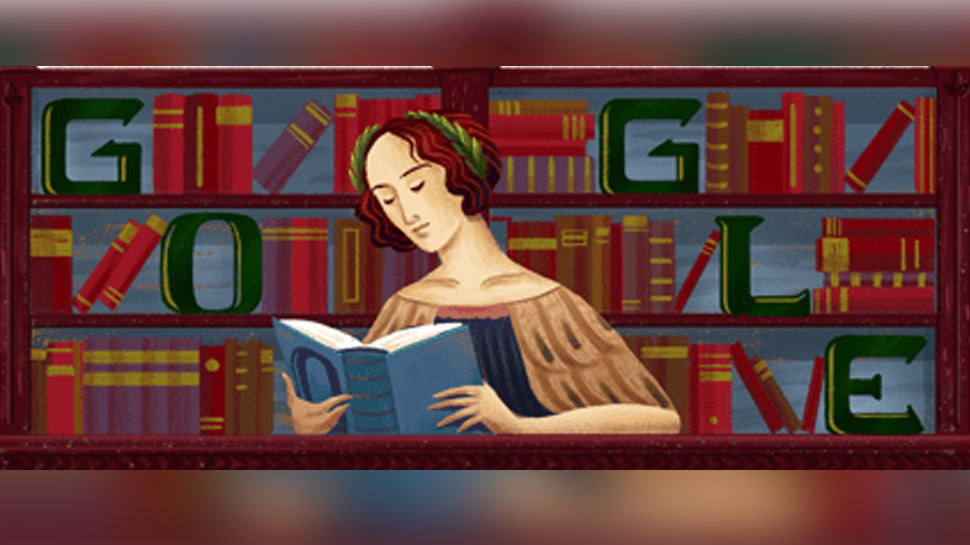Google celebrates the 373rd birthday of world’s first woman PhD holder, Italian philosopher, theologian Elena Cornaro Piscopia with a doodle.
Google on June 5, 2019, is celebrating the 373rd birthday of Italian philosopher, scholar theologian Elena Cornaro Piscopia with a doodle. In 1678, Elena Cornaro Piscopia, also known as Helen Cornaro, became the first woman in the world to earn a PhD degree, at the age of 32.
This doodle, made by California-based illustrator Alyssa Winans, was enlivened by Piscopia’s single-minded dedication to her studies yet in addition by the sheer delight she felt at the possibility of quiet study. In a short interview on the blog, the artist said it’s vital to highlight the accomplishments of women in academia. I think it’s vital, not only to inspire students of today to recognize what they can accomplish but also to paint an accurate portrait of women’s contributions throughout history.
9 significant things about Elena Cornaro Piscopia that you should know
Born on June 5, 1646, in Venice to a nobleman and his mistress, Elena Cornaro Piscopia began her studies in Latin and Greek under distinguished instructors and polished her skills in these languages. By the time Elena was seven, her parents had recognised her giftedness.
She also mastered Hebrew, Spanish, French, and Arabic, while studying the harpsichord, clavichord, harp, and violin. She became an expert musician as well.
Elena later studied mathematics and astronomy, but her greatest interest was in philosophy and theology. In 1672, she enrolled at the University of Padua after becoming president of the Venetian society Accademia dei Pacifici.
In 1669, she translated the Colloquy of Christ’ from Spanish to Italian. The bishop of Padua, when he learned that Elena was pursuing a degree in theology, refused to award her a Ph.D on the grounds that she was a woman.
Struggling through this phase, she applied for a Doctorate of Philosophy with her father’s support.
In 1678, Elena Cornaro Piscopia’s oral examination garnered so much interest that the ceremony got organised in Padua Cathedral instead of the university to accommodate an audience that included professors, students, senators, and invited guests from Universities all over Italy.
Speaking in Latin, Elena Cornaro Piscopia explained difficult passages randomly selected from Aristotle’s writings. Her eloquence impressed the committee very much after which they expressed their approval viva voce rather than by secret ballot.
Elena was presented with the traditional laurel wreath, ermine cape, gold ring, and book of philosophy, after the successful interview at the Padua cathedral.
She died due to poor health conditions and the extensive charitable work, the rigorous penances she performed, and her extreme dedication to her studies took their toll on her weak physical condition.


